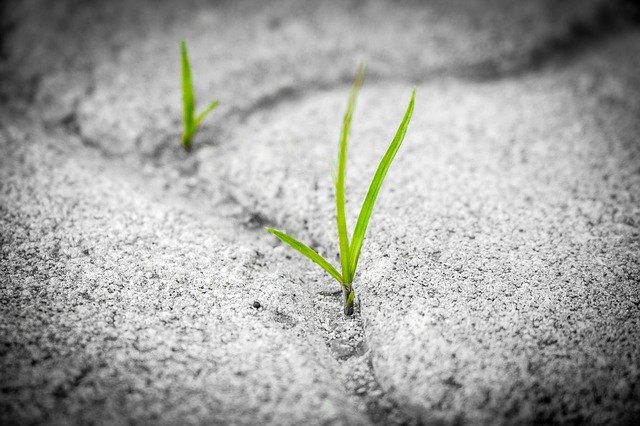I am truly inspired by the people who are embracing uncertainty at this difficult time, supporting others, and maintaining their own self-care. It’s no easy task to balance the reality of the fear, anxiety, and suffering that is occurring, and simultaneously cultivate realistic hope. How do they stay so grounded?
Authors Angela Wilkinson, PhD, and Betty Sue Flowers, PhD write in Realistic Hope: Facing Global Challenges (Amsterdam University Press, 2018) that hope is possible because of our evolved, functioning brain (the frontal cortex communicating with the sub-cortical regions), a perspective or belief about possibility (a space for potential fundamental change and social progress) and a focus on the benefit to public and private good.
Cultivate Realistic Hope
As I wrote in a previous post, C.R. Snyder defined hope as the “sum of the mental willpower and waypower that you have for your goals.”
Willpower: In this sense, your willpower is your driving force; it is your mental energy that will propel you toward your goal. It is your determination and commitment: your grit. Often times, your willpower is the story you tell yourself, about yourself: your self-talk. A strong willpower sounds like, “I can,” or “I got this,” or even, “let’s try this.” People with a strong willpower are willful: they focus on what they will do, rather than what they won’t do.
To maintain your willpower, pay attention to your self-care. Establish and maintain new routines that foster positive energy and cultivate realistic hope.
Waypower: Your waypower is the course you will take; it is your mental capacity that you will use to reach your goal. Your waypower allows you to adapt and adjust as necessary; in essence, it is your perception of your ability to create thoughtful, flexible, and realistic plans.
If you want to cultivate realistic hope, you need an objective framework of the problem. Expert opinions are critical: unbiased and relevant, in breadth as well as depth. Empathy and dialog are key to gain perspective.
Second, you need to vision alternative futures, or scenarios, to develop a vision for the future, or goals. Accurate data, analysis, and modeling over time make it realistic.
Goals: Your goals are the outcome that you imagine. Knowing exactly what you want to achieve, and how long it will take, keeps you motivated. Establish smart goals and contingency plans (if/then planning) to maintain momentum.
Take Action
We are in the midst of a grand transition, facing problems without borders and governments without solutions. But, the good news is that there are efforts underway that offer realistic hope: solutions can be found. In many cases, those involved in finding solutions are international entities, ad hoc groups, non-governmental organizations and individuals. These individuals cultivate realistic hope.
Hopeful people recognize the challenges, their purpose, and a time horizon. They commit to act and complete the process, over and over again. As our knowledge expands, as new stakeholders emerge, and as mind-sets change, the framing of the problems will also change, and relevant scenarios will need modification. Together, we can do this.
What do you think? What steps are you taking to cultivate realistic hope? I’d love to hear from you. I can be reached here, on LinkedIn, or give me a call: 561-582-6060.

Did You Enjoy This Article?
Join thousands of other smart business owners like yourself & get our Proffittable Times newsletter.
It's filled with actionable content you can apply immediately.
Sign up now to get started!
– Coach Nancy










